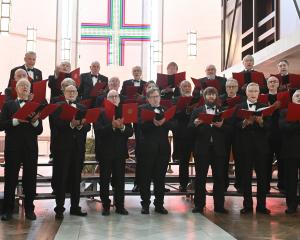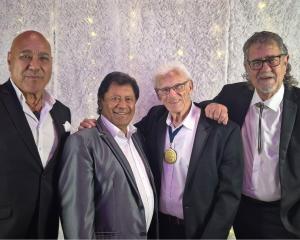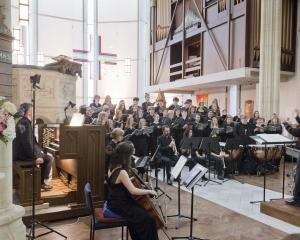
Naxos CD.
Conductor Marin Alsop continues her cycle of the Czech composer's nine symphonies (7, 8, and 9 already released) with the charming Sixth, a tribute to mentor Brahms and the rich Bohemian folk music of Dvorak's homeland.
The United States orchestra plays it with warm tones and attention to detail.
Alsop clearly likes presenting these works in a refreshing way.
The Nocturne Op.40, is an arrangement for strings of the beautiful slow movement from Dvorak's String Quartet No.4, and the colourful Scherzo Capriccioso Op.66 centres round a lilting waltz theme.
Both are very enjoyable.
Slight noises from audience or musicians can be discerned at times in the live recording, which has clear sound although not top quality.
Highlight: jubilance in finale of symphony, with its triumphant Brahmsian theme.

Onyx CD.
Kirill Karabits, principal conductor of the BSO, has recordings of Tchaikovsky and Mussorgsky due soon, but this selection of 17 excerpts from the two ballets shows the dynamic spirit and glow that he instills.
It leaves you wanting the complete score of each rather than edited versions.
Of course both the whirling Sabre Dance from Gayaneh (oddly here called Sword Dance) and that Onedin Line TV signature (an Adagio from Spartacus) are there for popular appeal.
But Khachaturian's ability to whisk up memorable melody or frenetic activity abounds in both these editions tailored to fill almost 73 minutes on the disc.
Folk-based Gayaneh (1942) was set in Soviet Armenia and Spartacus (1956) in Ancient Rome.
Highlight: Lezginka (from Gayaneh), a rip-roaring hair-raiser - competitor for fury of Sabre Dance.












